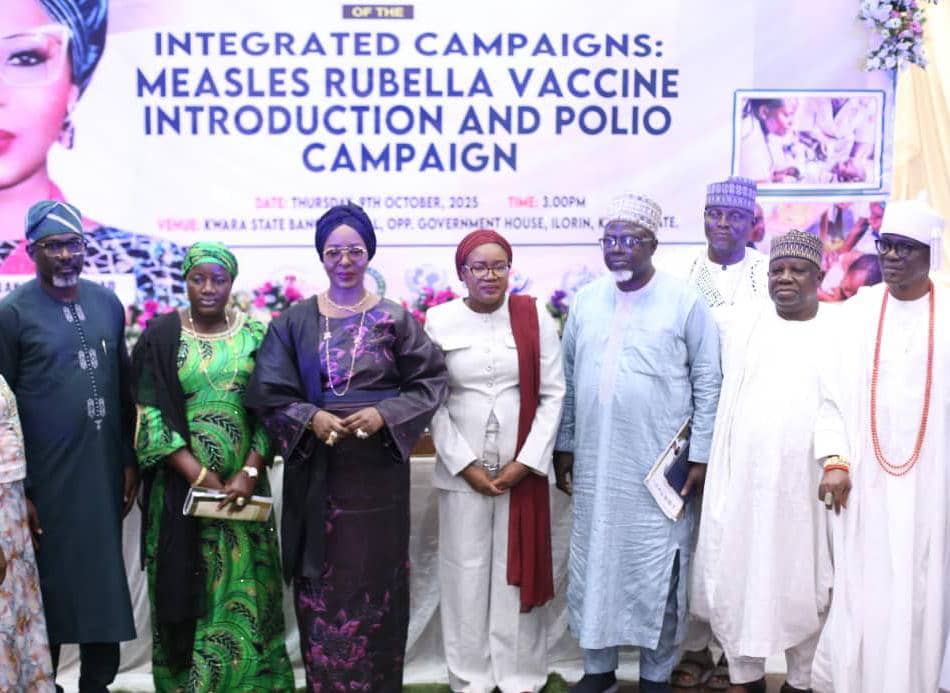The Society for Family Health (SFH) , an NGO, says its international retreat on Monday will among other issues rewrite the constructs of the Africa health system.
This is with a clear focus on stronger partnership, forward thinking science and an untiring commitment to transforming health outcomes for all.
The Managing Director of SFH, Dr Omokhudu Idogho, the retreat marks the end of the operation of the SFH strategic plan, Facilitating People-Centred Healthcare (FPCH)
“The retreat marks the end of the operation of the SFH strategic plan, Facilitating People-Centred Healthcare (FPCH), and heralds the development of a new strategy for the next generation.
“This will be the basis of the operations of the organisation.
“This next strategy calls us to leverage our 40 years of experience to rewrite the constructs of the Africa health system.
“This is with a clear focus on stronger partnership, forward thinking science and an untiring commitment to transform health outcomes for all,” he said in a statement on Sunday.
The News Agency of Nigeria (NAN) reports that the retreat is scheduled to start on Monday, Jan. 30.
It is to map out work strategy and celebrate the 40th Anniversary of Society for Family Health (SFH).
The Chief Executive Officer of Nigeria Primary Health Care Development Agency, Dr Faisal Shuaib; Lagos and Ekiti states Health Commissioners, Prof. Akin Abayomi and Dr Oyebanji Filani, and other eminent technocrats and government officials will be in attendance.
“The retreat, which is to be held in the Lagos is also a precursor event to the year-long 40th anniversary celebration of SFH.
“During which the organisation will take stock of its achievements in the last 40 years and look to a future of more successes in the healthcare space.
“This anniversary is a unique opportunity to tell our stories and to celebrate the people we serve – our donors, and our governments.
“This retreat, therefore, is an opportunity for us to pause, reflect, unlearn, learn and re-ignite our collective purpose to finish the job we have started, working with our partners,’’ said Prof Ekanem Ikpi Braide, President of the Board of SFH.
SFH prides itself for contributing substantially to Nigeria’s health sector achievements in the last 40 years.
This is including the reduction of maternal mortality from 1,000 per 100,000 live births in 1985 to 512/100,000 live births in 2021, and infant mortality rate coming down from 132 per 1,000 in 1985, to 54 per 1,000 live births in 2022.
It has also been a leader in family planning, HIV/AIDS, malaria, tuberculosis, nutrition, hypertension, diabetes, and COVID among others.
Leaders from SFH branches in the four Anglophone West African nations—Sierra Leone, Liberia, Ghana, and Nigeria will be attending the two-day retreat
















